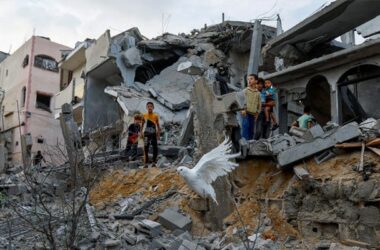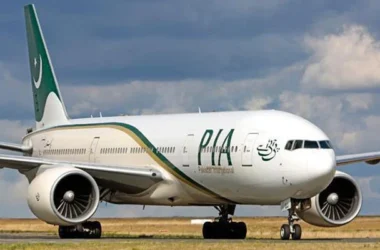Mishaal Arshad C.M Underground News.
- Ninth Moscow Conference on International Security underway in Russia.
- Russia urges Afghanistan neighbours to address worsening situation.
- Defence Minister Sergey Shoygu says mechanisms to avoid incidents in Asia should be discussed on multilateral forums.
MOSCOW: Russian Defence Sergey Shoygu has warned of a civil war in Afghanistan after the withdrawal of foreign troops.
Speaking at the ninth Moscow Conference on International Security, Shoygu stressed upon the key role of Islamabad and Tehran to keep the Afghan groups united.
The Russian minister asked the neighbouring countries and international organisation to address the deteriorating situation of the country.
The violence in the war-torn country has increased after the start of withdrawal of foreign troops, with several leaders, including Prime Minister Imran Khan, urging international efforts to tackle the situation.
PM Khan, in an interview with Axios, had asked the US for a political settlement before leaving Afghanistan.
In his address at the international security conference, the Russian defence minister called for utilizing the capabilities of the Shanghai Cooperation Organisation.
He said that the security of military activity and mechanisms to avoid incidents in Asia should be discussed on multilateral forums of interaction among defense agencies of Asia-Pacific countries.
“We believe it will be useful to discuss matters of security of military activity and the development of mechanisms to exclude incidents in Asia on multilateral interaction formats of defense authorities of Asia-Pacific Region’s countries. We are ready to share the available experience in solving such problems on our side,” Shoygu said.
While a crisis response system comprising a series of bilateral agreements on incident prevention during air force and naval operations has been established in Europe since the time of the Cold War, there are no such mechanisms in the Asia-Pacific region, the minister noted.
“The situation is aggravated by the presence of territorial disputes and unilateral announcements of the so-called airspace control zones,” he added.








